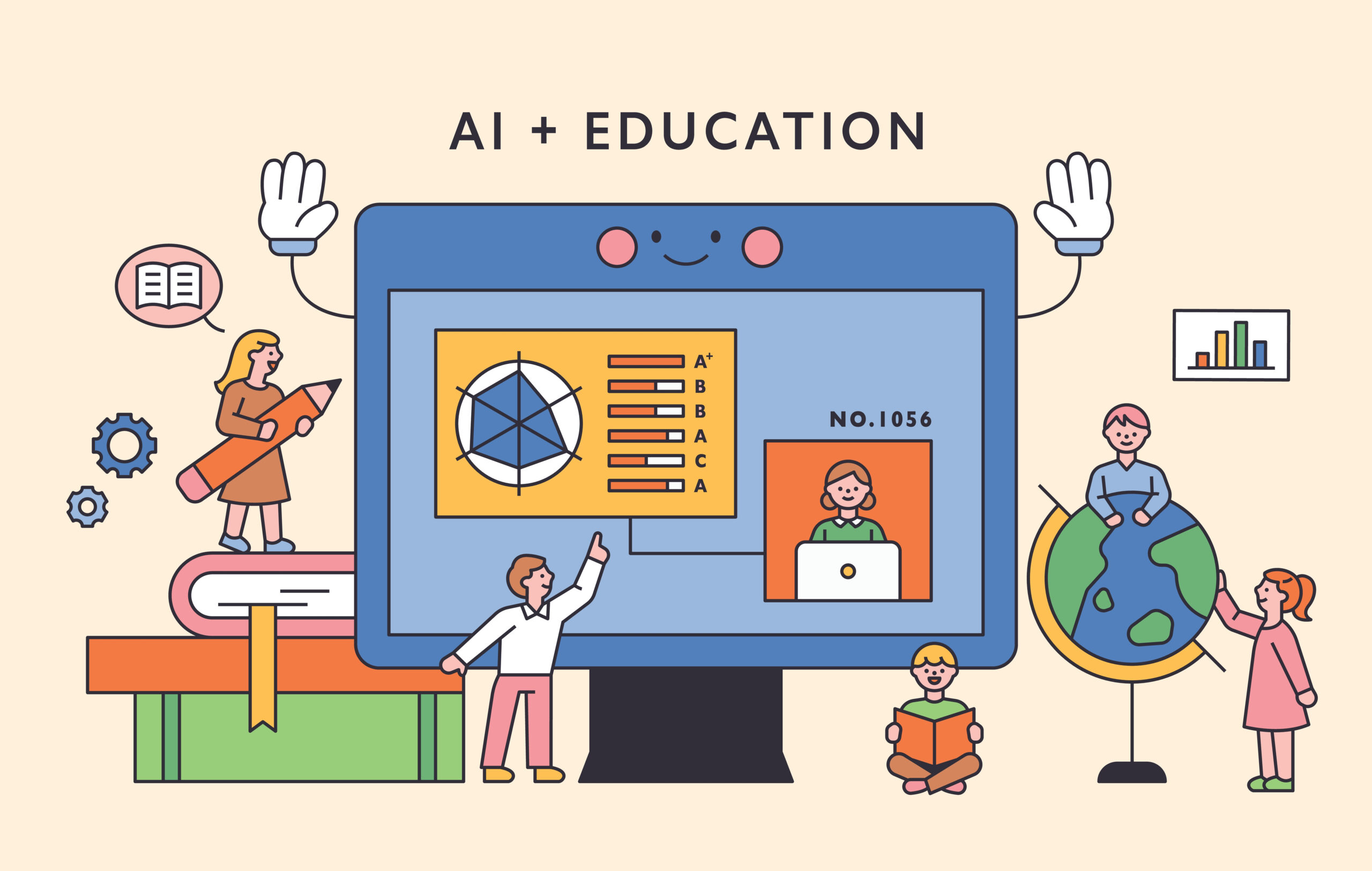Why is Data Literacy so important?

In the highly interconnected and digitalized environment of modern society, data literacy emerges as a fundamental skill for both individuals and communities. Particularly for young people, possessing data literacy skills is not only desirable but essential. Here are some reasons underscoring the importance of data literacy from this perspective:
We live in an era where we are inundated with an overwhelming amount of data and information. The ability to filter, analyze, and interpret this data is crucial to avoid information overload and to access reliable and relevant sources. Young individuals who develop data literacy skills are better equipped to navigate this sea of information, distinguishing between what is pertinent and what is not.
Understanding how to interpret data enables young people to actively engage with the society they live in. Whether it’s understanding political, economic, or social issues, having data literacy skills allows them to analyze data, statistics, and trends, thereby providing a solid foundation for forming informed opinions and participating in public debates.
The workforce is increasingly becoming data-driven. Companies are seeking professionals capable of analyzing data, identifying patterns, and making evidence-based decisions. Young people who invest in developing their data literacy skills will have a competitive advantage in the job market, regardless of the industry they choose to enter.
Data literacy is not just about understanding numbers; it also fosters critical thinking and problem-solving abilities. Young individuals accustomed to analyzing data are more likely to ask relevant questions, evaluate sources and evidence, and propose innovative solutions based on rigorous analysis.
Data literacy can also contribute to promoting inclusivity and diversity. Data can help identify inequalities, injustices, and areas in need of intervention. Young people proficient in data management and interpretation can contribute to creating more inclusive, informed, and equitable societies.
In conclusion, data literacy is crucial in modern society because it helps people, especially young individuals, navigate the complex information landscape, actively engage in social and economic life, and prepare for future challenges. Investing in data literacy not only enhances individual opportunities but also contributes to building a more informed, inclusive, and resilient society.





